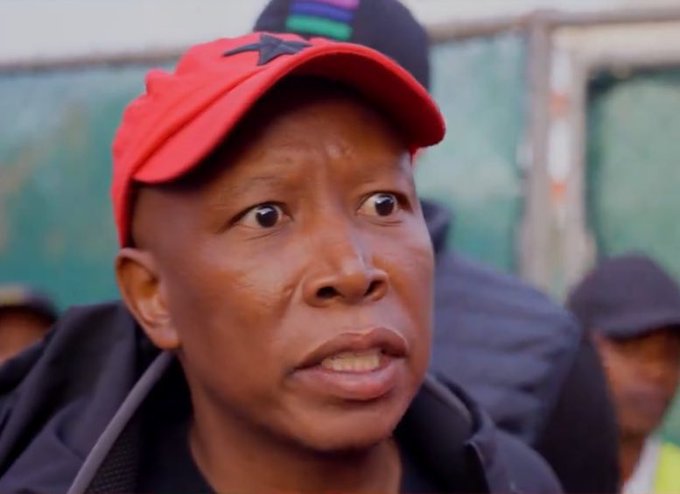By Political Reporter- Zanu PF has announced a forthcoming ban on members creating WhatsApp groups without prior approval from provincial leadership.
This policy, slated to take effect in January 2025, is seen by many as an attempt to tighten control within the ruling party amid escalating factional tensions between President Emmerson Mnangagwa and Vice President Constantino Chiwenga.
Zanu PF National Political Commissar, Munyaradzi Machacha, told state media that the policy aims to curb growing indiscipline among party members who allegedly misuse social media platforms to spread misinformation and attack the leadership.
“We believe that as early as January next year, we should have a policy in place to govern members’ conduct in the social media space, particularly on WhatsApp groups,” Machacha said.
He emphasized that violators would face disciplinary action.
The announcement follows reports of party members leveraging social media, including WhatsApp, to air grievances and circulate content critical of senior leaders.
This development coincides with ongoing speculation about the deepening rift between Mnangagwa and Chiwenga, with both camps allegedly mobilizing their bases ahead of the Zanu PF elective congress.
Machacha pointed to the rise of Artificial Intelligence (AI) as a catalyst for increased misuse of social media.
“Members are taking advantage of the freedoms and the relaxed atmosphere in the party to abuse social media by posting lies, fake news, and even creating fictitious images using the latest technologies,” he said.
He explained that the policy would regulate WhatsApp group creation, requiring provincial chairpersons’ approval and enabling the tracking of individuals who post content deemed harmful to party unity or critical of its leadership.
“This policy will help us address indiscipline and ensure that social media is used effectively to communicate the party’s message,” Machacha added.
While the policy is framed as a tool to ensure discipline and unity, critics argue it reflects Mnangagwa’s efforts to consolidate power and suppress dissent within the party.
With the use of WhatsApp and other platforms rising as key communication tools for internal factions, regulating their use could significantly impact the ability of rival camps to organize and mobilize.
Observers note that such measures may disproportionately target Chiwenga’s allies, who have used social media to challenge Mnangagwa’s authority.
Some insiders see this as part of a broader strategy to isolate Chiwenga ahead of key political events next year.
Zanu PF’s move to control social media use signals a deeper struggle to maintain relevance and discipline in a digital age where information flows freely. Whether the policy succeeds in fostering unity or exacerbates existing tensions remains to be seen.
Related
#Zanu #Bans #WhatsApp #ZimEye



